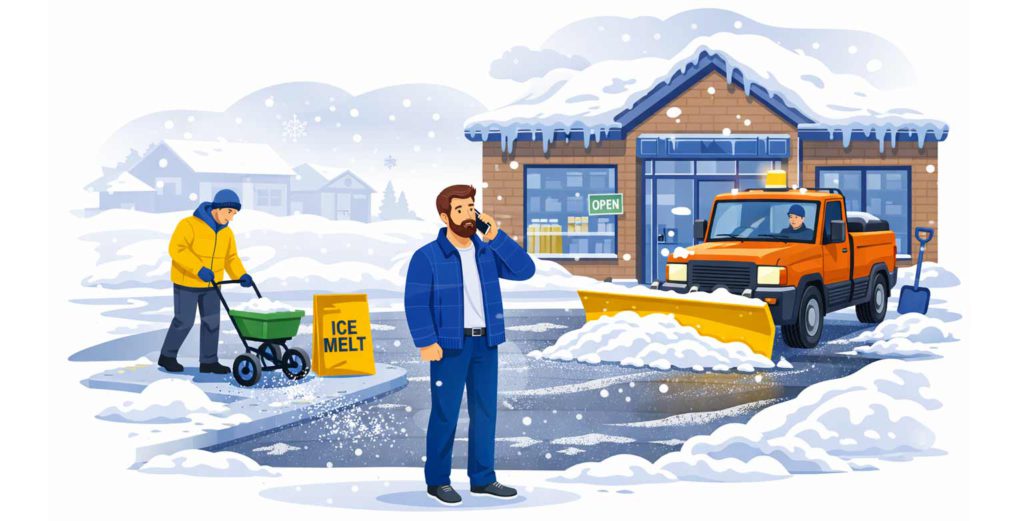Real estate investing is often a lucrative venture, and single-family homes (SFH) continue to gain traction as the optimal starting point for new investors. As a single-family real estate investor, it’s critical to understand the various types of insurance coverage available and to choose the right coverage for your specific needs. By taking the time to carefully examine your insurance options, you can mitigate your exposure and protect your investment from unexpected damages and legal claims.
Weed Ross has been in the insurance game for a long time. So, whether you’re new to real estate investing or a seasoned veteran, we’re more than capable of providing valuable insight and sufficient coverage for your portfolio. Below, the real estate investment insurance experts Weed Ross have put together some of the most important types of insurance coverages to consider for single-family real estate investors.
In this article, we’ll cover the following:
Property Insurance
Property insurance is the most basic and essential insurance coverage for real estate investors, so it’s an optimal base coverage for SFH investors to consider. Property insurance protects your investment property from damages caused by natural disasters, theft, and other unforeseen events. This crucial insurance covers the cost of repairing or replacing the property, up to the policy limit, which varies from policy to policy. Some policies may also include coverage for personal liability in case someone is injured on your property.
When choosing property insurance, especially as a SFH investor, you’ll want to review the type and level of coverage you need. For example, if your property is in a flood-prone area, you may need to purchase additional flood insurance. Additionally, if your property is located in an area with high crime rates, you may want to invest in a policy that covers theft and vandalism.
Landlord Insurance
Landlord insurance is another type of insurance coverage that is designed specifically for rental properties, and it is often crucial for single-family real estate portfolios. Landlord insurance typically includes property insurance coverage and liability coverage, as well as coverage for lost rental income if the property becomes uninhabitable due to covered damages.
Landlord insurance covers a wide range of incidents related to the dwelling, other property structures, personal property, and liability, but it may not cover damages specifically caused by tenants. For example, if a tenant damages part of the dwelling intentionally, your landlord insurance policy may not cover the cost of repairs. To protect against these types of risks, SFH investors may want to require tenants to purchase renter’s insurance, which covers incidents of this nature.
Umbrella Insurance
Umbrella insurance is a type of insurance coverage that provides additional liability coverage beyond what is provided by your property and landlord insurance policies. An umbrella insurance policy is strategically designed to protect you from lawsuits and other legal claims that may arise from incidents on your property.
For example, if a guest on your property is injured and decides to sue you for damages, your umbrella insurance policy may cover the cost of the lawsuit, up to the policy limit. This can help protect your personal assets from being seized and keep your investment portfolio thriving.
Flood Insurance
Flood insurance, though pretty straightforward, is certainly worth mentioning. This type of insurance coverage is designed to protect against damages caused by flooding. It’s important to note that standard property insurance policies typically do not cover damages caused by floods, so if you live in a flood-prone area, it’s definitely wise to consider purchasing separate flood insurance. The cost of flood insurance varies depending on the location of the property and the level of coverage needed.
Home Warranty
A home warranty is not technically insurance, but it can provide valuable protection for single-family real estate investors. It typically covers the cost of repairing or replacing major home systems and appliances, such as HVAC systems, plumbing, and electrical systems. Some policies may also cover the cost of repairs for normal wear and tear.
Home warranties can be a good option for real estate investors who want to protect their investment properties without having to worry about the cost of unexpected repairs, so if you’re just getting started with SFH investing, they may be worth looking into. However, it’s important to note that home warranties typically do not cover damages caused by natural disasters or other catastrophic events, which is where a robust real estate investment insurance policy comes into play.
Still have questions about single-family real estate investment insurance? General questions about protecting your real estate investments? Give us a call; we’re here to help!



